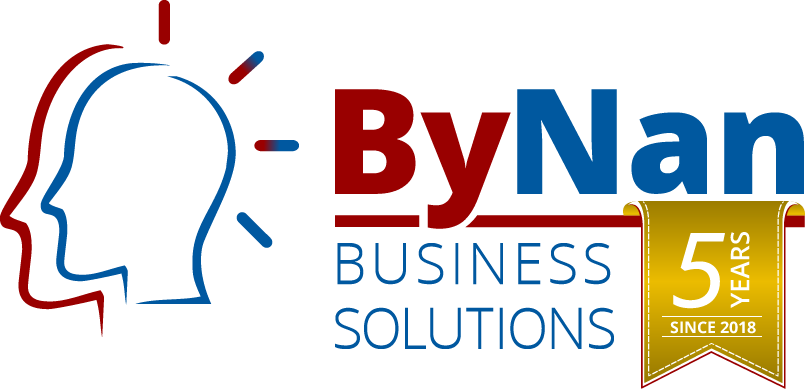Hiring decisions shape the future of your business. Every time you bring a new team member on board, you’re either strengthening your company or introducing potential challenges. When it comes to filling a role, business owners often face a crucial question: Should I focus on hiring for potential vs experience? Making the right choice can significantly impact your company’s growth and success.
It’s a debate that doesn’t have a one-size-fits-all answer, but understanding the advantages and risks of both can help you make the right decision for your team and long-term success. Let’s break down the differences and explore how to strike the right balance.
The Case For Hiring Based On Experience:
Some business owners believe that experience is the ultimate hiring factor. After all, a candidate with a proven track record can:
✅ Hit The Ground Running: They require less training and can step into the role with confidence.
✅ Bring Industry-Specific Knowledge: Experience provides insights that can’t be taught overnight.
✅ Reduce Short-Term Risk: You’re hiring someone who has already demonstrated the skills needed for the job.
However, relying too heavily on experience has its drawbacks:
🚫 Resistance To New Ways Of Doing Things: An experienced hire might be set in their ways and less adaptable to your company’s culture and processes.
🚫 Higher Salary Expectations: Candidates with extensive experience typically command higher salaries and benefits.
🚫 Potential Lack Of Long-Term Growth: Just because someone has done the job before doesn’t mean they’re still motivated to grow.
While experience can fast-track success, hiring based solely on past roles and skills may not always align with your company’s vision for the future.
The Case For Hiring Based On Potential:
Many successful companies prioritize potential over experience – hiring individuals who may not check every box on a job description, but clearly demonstrate:
✅ A Growth Mindset: They are eager to learn, are adaptable, and open to feedback.
✅ Innovative Thinking: Fresh perspectives can bring creative problem-solving and new ideas.
✅ Strong Cultural Fit: Skills can be trained, but personality and values must align with your company’s mission.
That said, hiring based on potential comes with risks:
🚫 Longer Learning Curve: These hires require time and resources for training before they reach peak performance.
🚫 Uncertainty in Execution: While they may have the right attitude, they haven’t proven their ability to perform in the role yet.
🚫 Greater Need for Coaching & Mentorship: Without structure and guidance, a new hire with potential might struggle to succeed.
If your business has the resources to develop team members, hiring for potential could be the key to long-term success.
Hiring For Potential vs Experience: How To Make The Right Call
Every hiring decision should be based on business needs, role requirements, and company culture. Consider these key factors before making your decision:
1️⃣ Assess the Role’s Immediate vs. Long-Term Needs
If you need someone to deliver results immediately, hiring for experience might be the best move.
If you have time to train and develop, hiring for potential can yield greater long-term success.
2️⃣ Consider Your Company Culture
A highly experienced candidate may not be a good fit if they can’t adapt to your workplace culture.
A growth-minded candidate who shares your vision may be worth the extra effort in training.
3️⃣ Strike a Balance in the Hiring Process
Instead of choosing exclusively between potential and experience, aim for a balanced approach:
✔ Look for a blend of both – Prioritize candidates who have relevant skills and a willingness to learn.
✔ Test for adaptability – During interviews, ask candidates about how they’ve handled challenges, adapted to change, or learned new skills.
✔ Invest in training and mentorship – Even the most experienced hires need to align with your company’s values and systems.
The Right Hiring Strategy For Your Business:
There is no universal “right” answer when it comes to hiring for potential vs experience. Your decision should align with your company’s current needs, long-term vision, and team dynamics. By carefully weighing your hiring strategy, you can ensure your team is built for both immediate impact and long-term success.
If you’re looking to build a rockstar team, the key is to find individuals who not only fit the role but also align with your business’s growth trajectory.
Need help refining your hiring strategy?
Book a FREE coaching session today and get expert insights on how to attract, hire, and develop top talent for your business!

